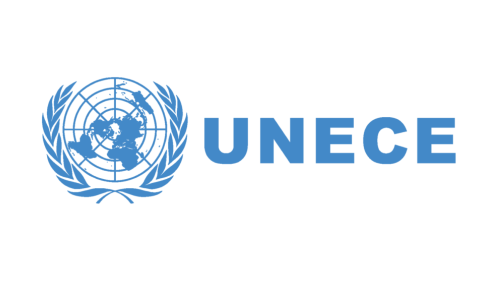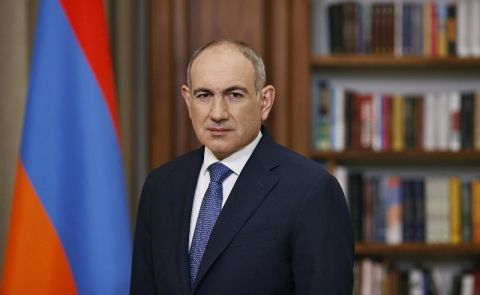
IMF Urges Azerbaijan to Strengthen Reforms to Boost Investment and Economic Efficiency
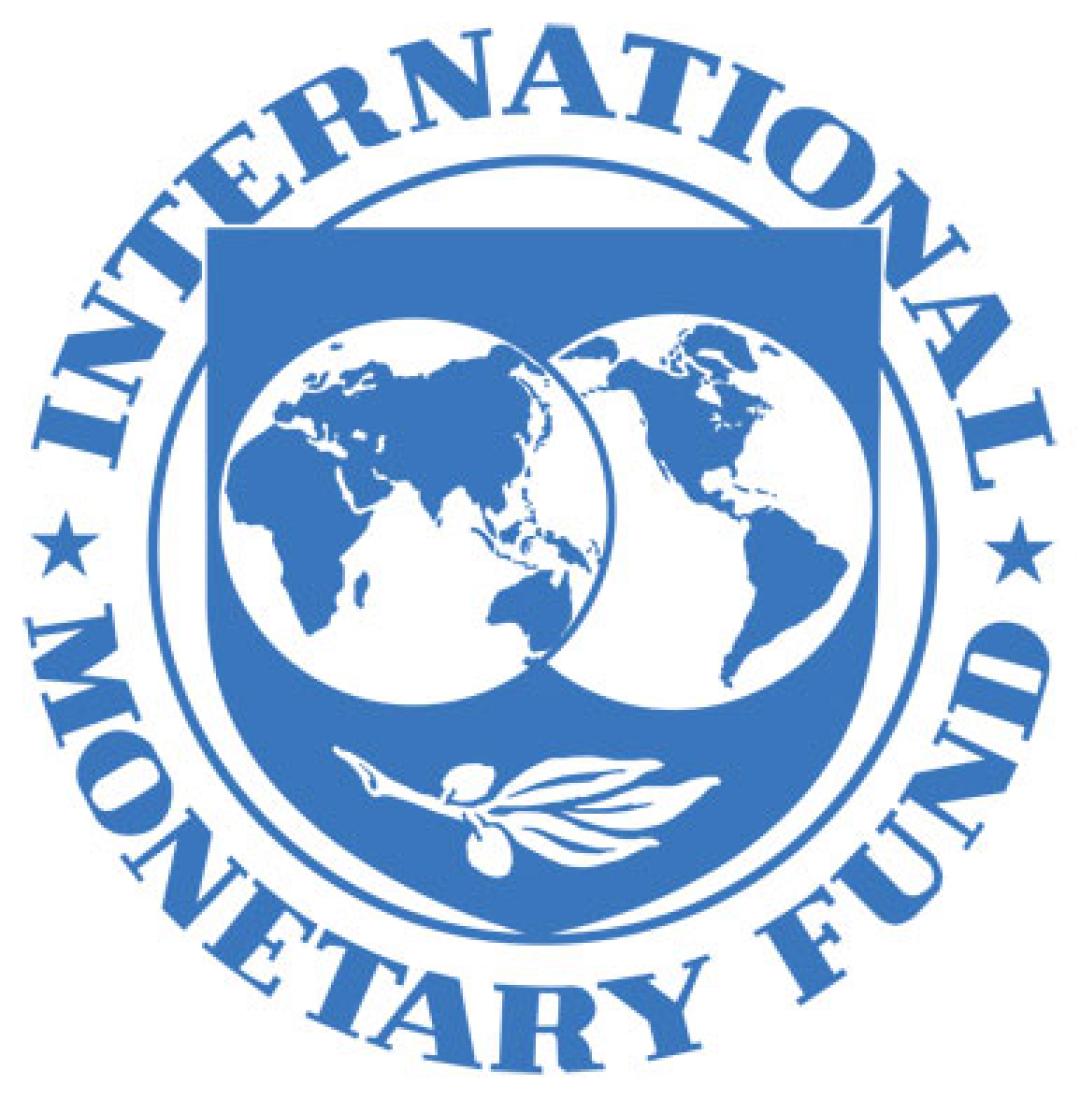
On April 10, the International Monetary Fund (IMF) projected that Azerbaijan’s economic growth will slow to 3.5% in 2025 due to diminishing investment impacts, subdued hydrocarbon production, and a closing output gap by 2026.
The IMF forecasted that Azerbaijan’s GDP will grow by 2.5% in 2026, 2.4% in 2027 and 2028, and 2.5% in 2029, with average annual growth for 2025–2029 estimated at 2.66%. It noted that the country’s external position is expected to weaken as trade surpluses decline due to lower hydrocarbon output and prices, as well as subdued non-hydrocarbon exports. Nevertheless, foreign exchange reserves are projected to remain robust. Inflation is expected to stay within the Central Bank of Azerbaijan’s (CBA) target range of 4±2%, assuming stable international prices and continued fiscal prudence.
According to the IMF, inflation in 2025 is forecasted at 5.7% on an average annual basis and 5.2% end-of-year annually. In 2026, inflation is projected to be 4.5%, stabilizing at 4% from 2027 to 2029.
The IMF emphasized the need for fiscal consolidation starting in 2025, recommending an annual fiscal adjustment of 1.5–2% of non-oil GDP for a decade to align with the estimated sustainable level of the non-oil primary deficit (NOPD), which is 6–6.5% of non-oil GDP. This, according to the IMF, would ensure intergenerational equity in benefiting from hydrocarbon wealth and uphold the credibility of Azerbaijan’s fiscal rule, in line with Presidential Decrees.
As the host of COP29, Azerbaijan was commended for its climate initiatives. The IMF highlighted the country’s finalized National Adaptation Plan, upcoming mitigation targets, and measures to modernize its energy infrastructure and improve energy efficiency. The report noted that while the EU’s Carbon Border Adjustment Mechanism (CBAM) currently has a limited trade impact, it could affect Azerbaijan’s potential future exports in metallurgy and chemicals, as well as its oil and gas sectors, in the medium term.
The IMF also supported Azerbaijan’s goal to increase the share of renewables in installed capacity to 30% by 2030 and SOCAR’s commitments to carbon neutrality and reduced methane emissions. It stressed the importance of phasing out fossil fuel subsidies to enhance efficiency and fund green technologies.
In terms of foreign reserves, the IMF projected that Azerbaijan’s strategic foreign exchange reserves will total $71.67 billion in 2025, with the CBA holding $10.76 billion (down 1.82%) and SOFAZ $60.91 billion (up 1.47%). By 2029, these are expected to reach $72.18 billion, with the CBA’s share decreasing to $9.96 billion and SOFAZ’s rising to $62.22 billion.
The IMF urged continued reforms in three areas: attracting private investment, enhancing transparency and anti-corruption measures, and improving access to finance. It praised the creation of the Azerbaijan Investment Holding (AIH) and Azerbaijan Transport and Communications Holding (AZCON) and highlighted reforms in state-owned enterprises (SOEs), financial reporting, and corporate governance. The IMF called for further steps, including an SOE ownership policy, greater transparency, and privatization.
Azerbaijan’s progress in fiscal transparency and anti-corruption was recognized, with the country ranked 23rd in the 2023 Open Budget Survey. The IMF encouraged the finalization of conflict-of-interest legislation, more transparent procurement processes, asset disclosure for officials, and implementation of MONEYVAL’s recommendations.
Regarding financial access, the IMF acknowledged improvements in banking stability but noted the underdevelopment of capital markets. It emphasized the need to strengthen governance, accounting, and legal frameworks, particularly for SME financing. The 2024–2026 Financial Sector Development Strategy aims to address these gaps.
Finally, the IMF projected that Azerbaijan’s nominal GDP will reach $78.87 billion in 2025 with 3.5% real growth. By 2029, it is expected to rise to $95.37 billion. Non-oil GDP is forecasted to grow from $55.69 billion in 2025 to $75.24 billion in 2029. However, economic growth slowed to 0.2% in early 2025, with non-oil and gas GDP rising by 1.7%.
See Also

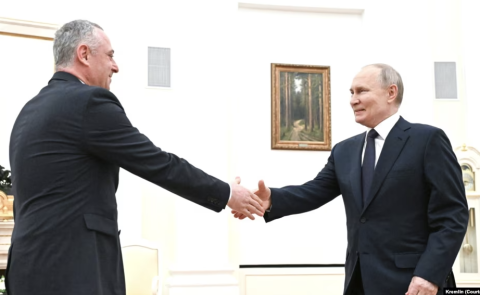
Abkhazia’s Separatist Leader Discusses Relations with Russia

CoE Commissioner Addresses the Georgian Government
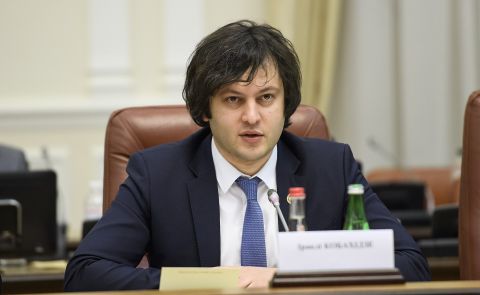
Kobakhidze Announces Plans to File Lawsuit to Ban the "Collective National Movement"
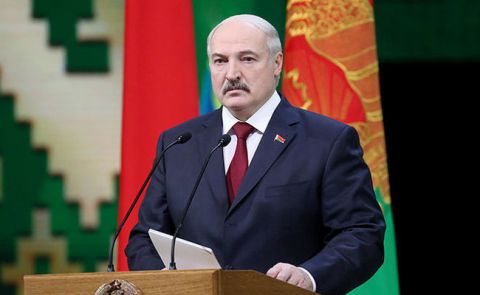
Belarus Affirms It Has Never Been an Adversary to Georgia
